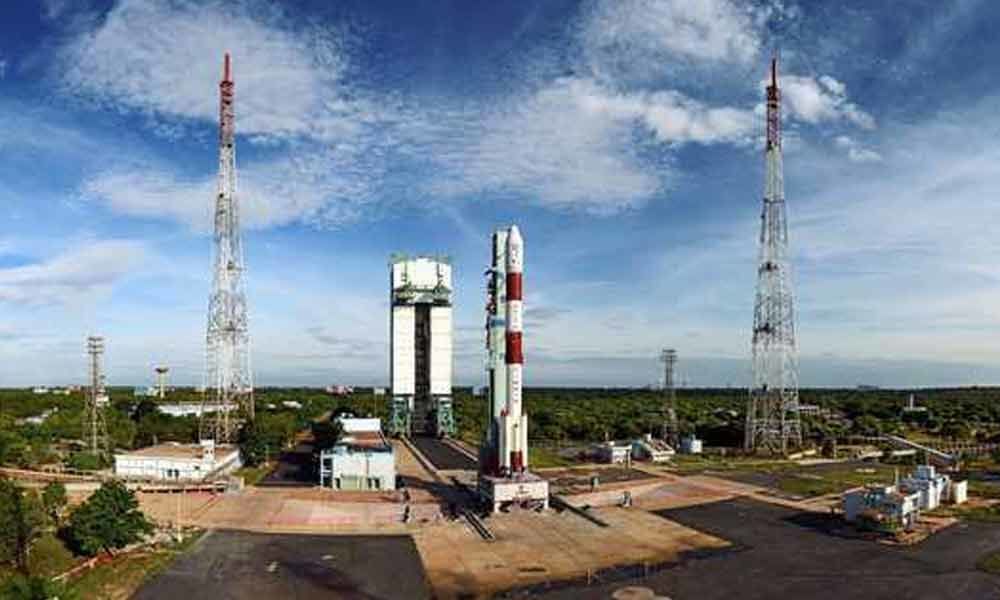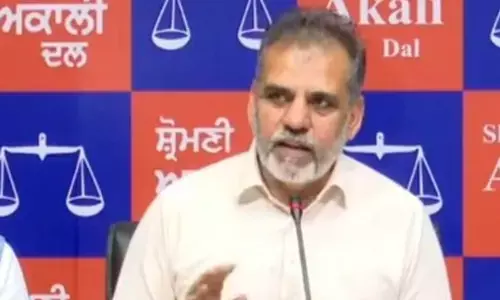Countdown begins for defence satellite Emisat launch

Chennai: The countdown for the Monday morning launch of a new variant of the Indian rocket Polar Satellite Launch Vehicle (PSLV) carrying electronic intelligence satellite, Emisat for the Defence Research Development Organisation (DRDO) began on Sunday, the Indian space agency said.
According to the Indian Space Research Organisation (ISRO), the countdown began at 6.27 a.m. at the rocket port at Sriharikota in Andhra Pradesh.
Along with the Emisat, the rocket will carry 28 third-party satellites and also demonstrate its new technologies like three different orbits.
The ISRO said the rocket will first put the 436 kg Emisat into a 749 km orbit.
After that, it will be brought down to put into orbit the 28 satellites at an altitude of 504 km.
This will be followed by bringing the rocket down further to 485 km when the fourth stage/engine will turn into a payload platform carrying three experimental payloads: (a) Automatic Identification System (AIS) from ISRO for Maritime satellite applications capturing messages transmitted from ships (b) Automatic Packet Repeating System (APRS) from AMSAT (Radio Amateur Satellite Corporation), India - to assist amateur radio operators in tracking and monitoring position data and (c) Advanced Retarding Potential Analyser for Ionospheric Studies (ARIS) from Indian Institute of Space Science and Technology (IIST) - for the structural and compositional studies of ionosphere, the space agency said.
The whole flight sequence will take about 180 minutes from the rocket's lift off slated at 9.27 a.m. on Monday.
The 28 international customer satellites -- 24 from the US, two from Lithuania and one each from Spain and Switzerland -- will weigh about 220 kg.
"It is a special mission for us. We will be using a PSLV rocket with four strap-on motors. Further, for the first time we will be trying to orbit the rocket at three different altitudes," ISRO Chairman K. Sivan had earlier told IANS.
The PSLV is a four-stage engine expendable rocket with alternating solid and liquid fuel.
In its normal configuration, the rocket will have six strap-on motors hugging it's first stage.
On January 24, the ISRO flew a PSLV with two strap-on motors while in March, it had four strap-on motors.
The space agency also has two more PSLV variants -- Core Alone (without any strap-on motors) and the larger PSLV-XL.
The ISRO selects the kind of rocket to be used based on the weight of satellites it carries.
It will also be launching two more defence satellites sometime in July or August with its new rocket Small Satellite Launch Vehicle (SSLV).










